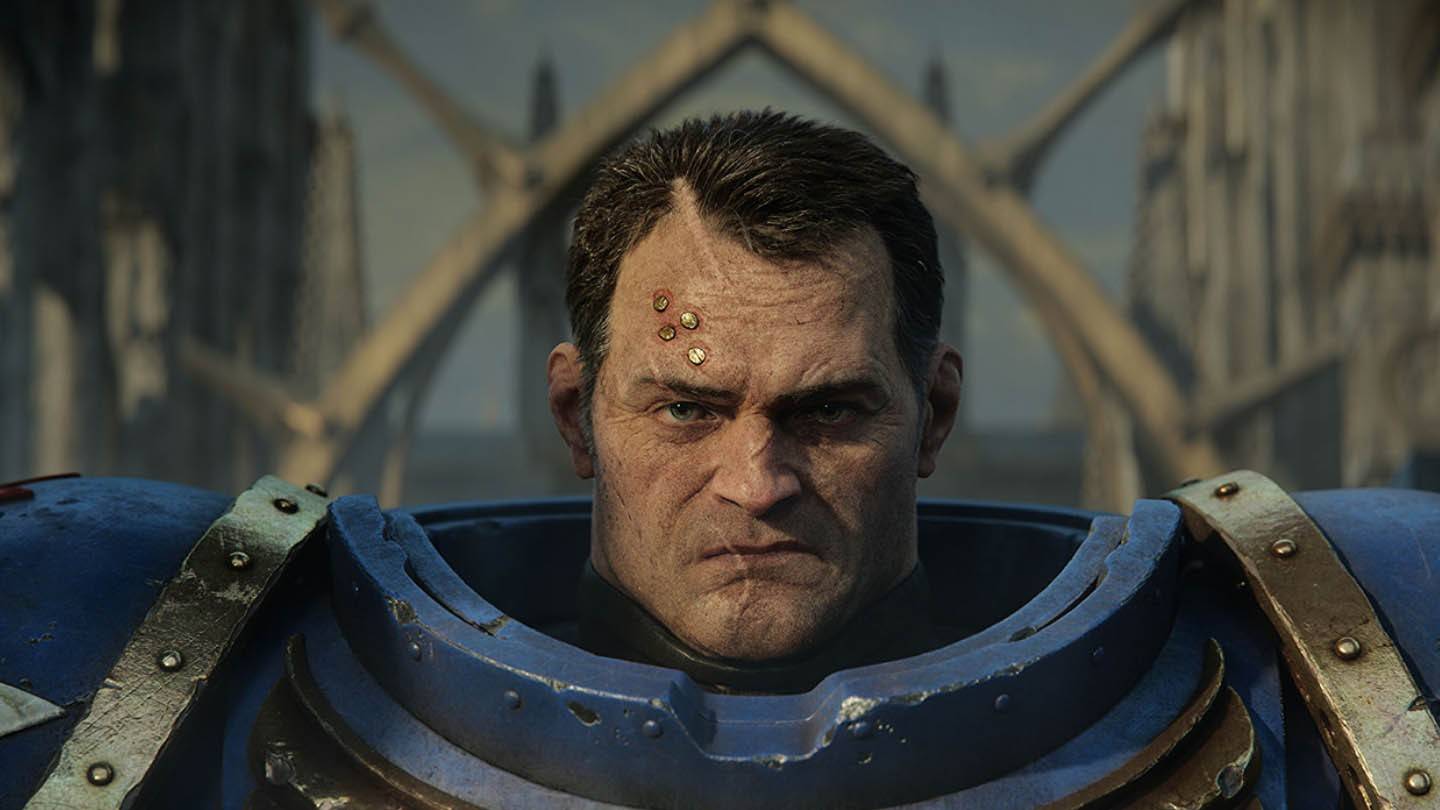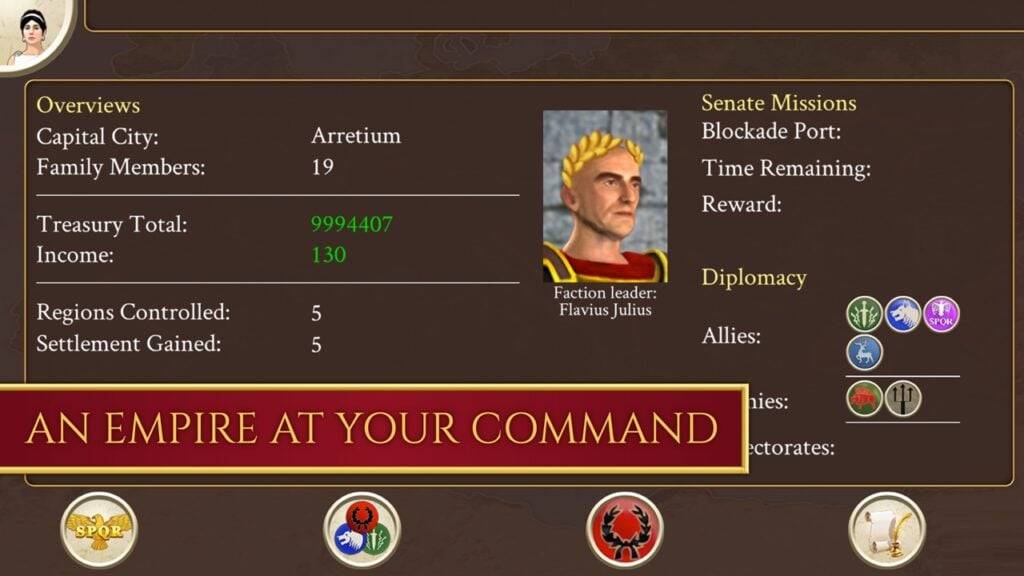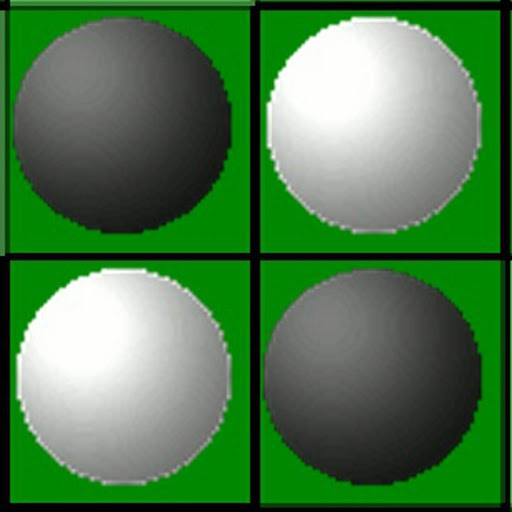
Matthew Karch, the head of Saber Interactive, recently shared his perspective on the future of the gaming industry, suggesting that the era of high-budget AAA games may be nearing its end. In his view, the colossal budgets of $200, $300, or even $400 million for AAA titles are not only unnecessary but also inappropriate. Karch, whose company developed Warhammer 40,000: Space Marine 2, went further to connect these massive budgets with the recent wave of job losses in the gaming sector, stating, "I think if anything has contributed to job losses [mass layoffs in the game industry] more than anything else, it's a budget of a few hundred million dollars [for games]."
The term "AAA" itself is increasingly seen as outdated and irrelevant by many in the industry. Originally used to denote games with large budgets, high quality, and low failure rates, "AAA" has now become synonymous with a race for profits that often comes at the cost of quality and innovation. Charles Cecil, co-founder of Revolution Studios, has labeled the term as "silly and meaningless," reflecting a sentiment that the shift towards massive investments by major publishers has not been beneficial for the industry. Cecil remarked, "It's a meaningless and silly term. It's a holdover from a period when things were changing, but not in a positive way."
A striking example of this trend is Ubisoft's Skull and Bones, which the company boldly labeled as a "AAAA game." This classification underscores the growing skepticism around the traditional AAA label and the industry's ongoing transformation.


 LATEST ARTICLES
LATEST ARTICLES 












